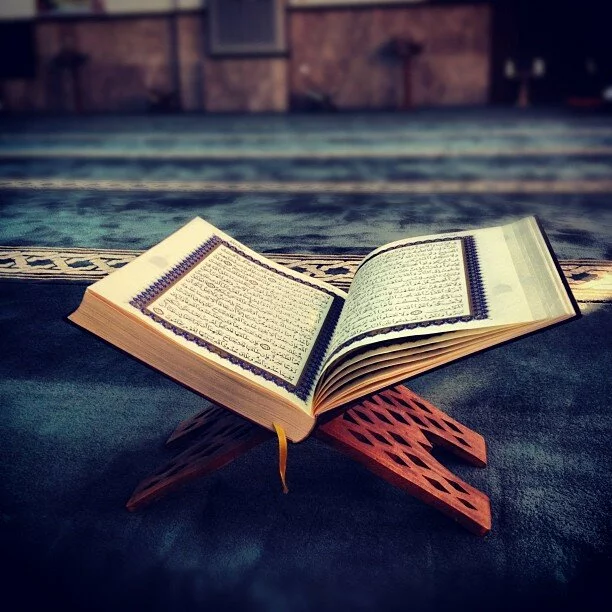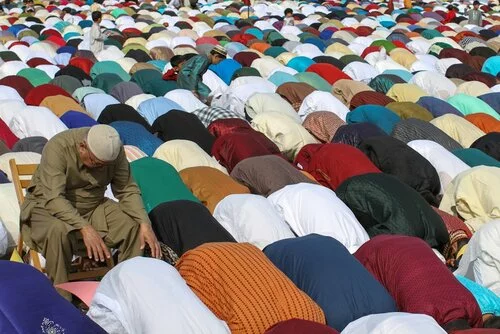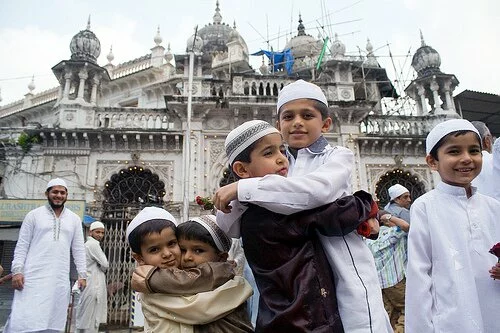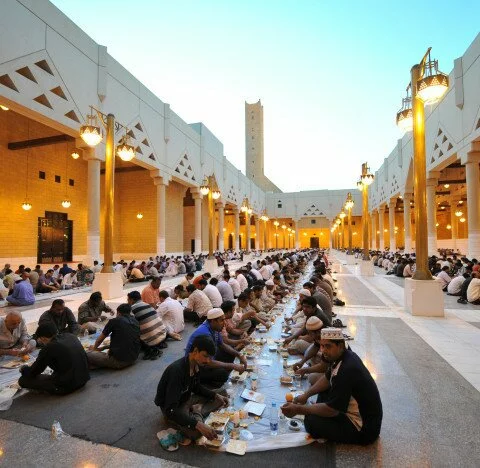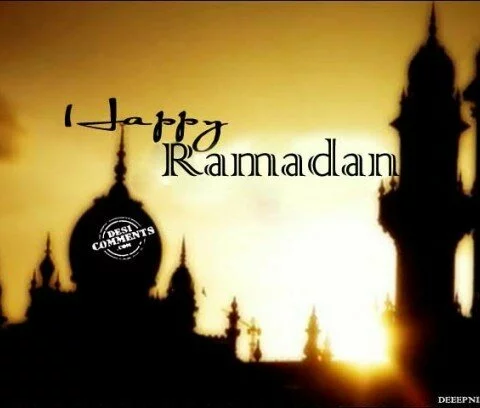Controlling anger and staying away from sins in Ramadan
Muslim community terms Ramadan as the month of blessings. Ramadan is the month in which the Holy Quran was revealed on the final messenger of Allah. Quran too is the final revelation of the Almighty God. Allah declares “learning self-restraint “to be the main purpose of this month in following verse:
“Fasting has been prescribed upon you as it was prescribed upon nations before you so that you may learn self-restraint“.
In the month of Ramadan Allah alters the rewards of our deeds. He rewards a Nafl prayer with the reward of an obligatory Farz prayer and increases the reward of a good deed seventy times. A person seeking forgiveness is granted forgiveness and Muslim community is rewarded with the day of Eid for keeping fasts throughout this month. However, abstaining from sins is just as important as committing good deeds.
Allah dislike sins and committing sins in the holy month of Ramadan is even more disliked. Committing a single sin in this month is equivalent to committing seventy sins in any other month. In this way Allah discourages believers from sins and at the same time Allah encourages them to seek forgiveness from their past sins. A hadith says “Whoever prayed at night in it (the month of Ramadan) out of sincere Faith and hoping for a reward from Allah, then all his previous sins will be forgiven.”
Furthermore, in this month Muslims are obliged to observe fasts. Fasting in Islam is not merely abstaining from food and drink; it is also abstaining from any wrongdoing, in general. If a Muslim does not anything from dawn till dusk but takes or any other haram activity Allah does not accepts his fast so when a believer keeps a fast he gets bound to keep himself away from sins. Not only, he has to avoid all haram activities but also control his temperament.
If a Muslim keeps a fast he cannot abusive or insulting language against anyone, also he cannot harm anyone by his hands if he does he violates the basic rules and regulations of the fast. Generally, any individual uses his hands against others when he is in angry so when Muslims keep a fast, they ought to control their anger. In this way fasting teaches Muslims to control their diet and anger thereby learning self-restraint.
In a nut shell, all sources of Islam clarify the fast that fasting makes all believers control their anger and remain away from sins. Allah has used fasting as a tool so that all believers learn self-restraint i.e. they learn to control themselves from evils and Allah gives Muslims several incentives so that they may start following the right path. The following hadith further clarifies the point; it says “One day of fasting keeps a person away from hell 80 years”.

